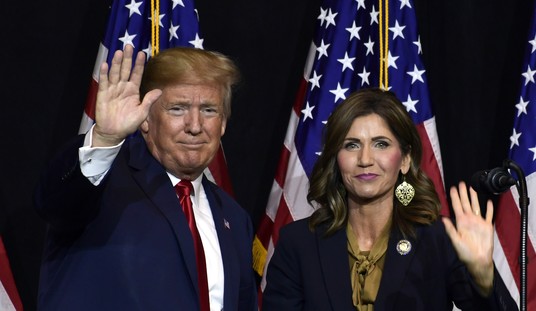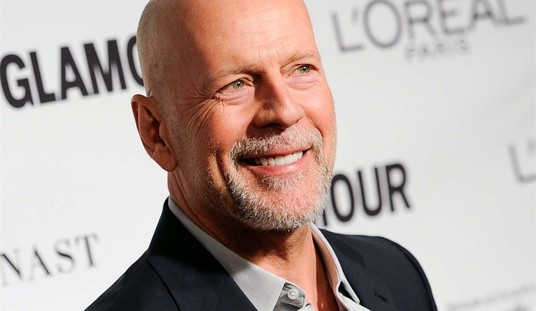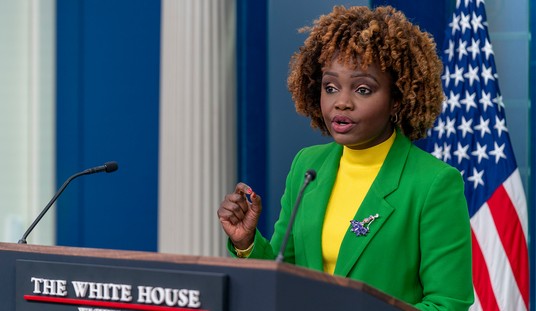Despite strident opposition from supporters who maintain that Rick Santorum is a “true conservative” in the mold of – you guessed it – Ronald Reagan, the already huge mountain of evidence that he is, at heart, a ‘big-government conservative’ continues to grow. As Erick noted previously, in 2008 Santorum said:
This whole idea of personal autonomy, well I don’t think most conservatives hold that point of view. Some do. They have this idea that people should be left alone, be able to do whatever they want to do, government should keep our taxes down and keep our regulations low, that we shouldn’t get involved in the bedroom, we shouldn’t get involved in cultural issues. You know, people should do whatever they want. Well, that is not how traditional conservatives view the world and I think most conservatives understand that individuals can’t go it alone.
Now, consider these two quotes from Santorum’s 2005 book It Takes a Family: Conservatism and the Common Good, both of which are very telling:
What was my vision? I came to the uncomfortable realization that conservatives were not only reluctant to spend government dollars on the poor, they hadn’t even thought much about what might work better. I often describe my conservative colleagues during this time as simply ‘cheap liberals.’ My own economically modest personal background and my faith had taught me to care for those who are less fortunate, but I too had not yet given much thought to the proper role of government in this mission.
-Preface, p. IX; audio here
And:
I suspect some will dismiss my ideas as just an extended version of ‘compassionate conservatism.’ Some will reject what I have said as a kind of ‘Big Government Conservatism.’ Some will say that what I’ve tried to argue isn’t conservatism at all. But I believe what I’ve been presenting is the genuine conservatism our Founders envisioned. One that fosters the opportunity for all Americans to live as we are called to live, in selfless families that contribute to the general welfare, the common good.
-Conclusion, p. 421; audio here
Though the second quote is the “money shot,” as it were, the value of the first is that it sets the stage for Santorum’s exploration of the role of government in the book. As the second quote demonstrates, Santorum has not only concluded that it is the role of government to ensure that “all Americans…contribute to the general welfare, the common good” by acting as the chief arbiter of charitable resources and their distribution.
This is wrong on several levels. While there is absolutely a role for government in creating and maintaining a social safety net (Medicare, Medicaid, welfare, etc.) for the population that cannot take care of itself (whether that should take place at the federal, state, or local level, and in what measure each, is a different discussion), Santorum’s instinct appears to be to use government to expand that safety net to all who may be in need or want of charity. Further, he accuses conservatives in Congress who disagree with a significantly expanded role of government in enforcing redistributive charity and welfare of being “cheap liberals” who haven’t “though [enough] about” the issue of “the poor” to recognize that making decisions about charity is clearly government’s job to do.
Not only does Santorum argue for an expansion of the welfare state as the proper way to ensure that “all Americans…contribute to the general welfare,” and not only does he dismiss criticisms that his view represents “an extended version of compassionate conservatism” or “big government conservatism,” but he actually claims that increasing the size and scope of government, and its role in growing the welfare state, represents “the genuine conservatism our Founders envisioned.”
I’m not criticizing Rick Santorum for being concerned about his fellow man. However, instinctively turning to government to cure all that ails our society and individuals within it – and calling that a “conservative” instinct – shows a lack of understanding about the role of government itself within our society. Further, his belief that only government is able (and benevolent enough) to ensure that “all Americans…contribute to the general welfare” in an acceptable manner reveals a lack of faith in, and understanding of, conservatism and conservative Americans. Were he to step outside of his more-government-is-the-solution bubble, he would learn, for example, that conservative Americans voluntarily contribute to the “common good” by donating to private charities at a very high rate – much higher than liberals who, like Santorum, look to an ever-expanding government to take care of the poor using Americans’ tax dollars.
Santorum certainly isn’t unique within the community of current and former lawmakers in his faith that government has the answers and the moral requirement to make fiscal decisions (including where charitable contributions are to be made, and in what amounts) for the American people as a whole. However, denying that such a belief is “big government conservatism” (if it is conservatism at all) is only surpassed on the absurdity scale by the claim that such a belief truly represents “the genuine conservatism our Founders envisioned.”














Join the conversation as a VIP Member